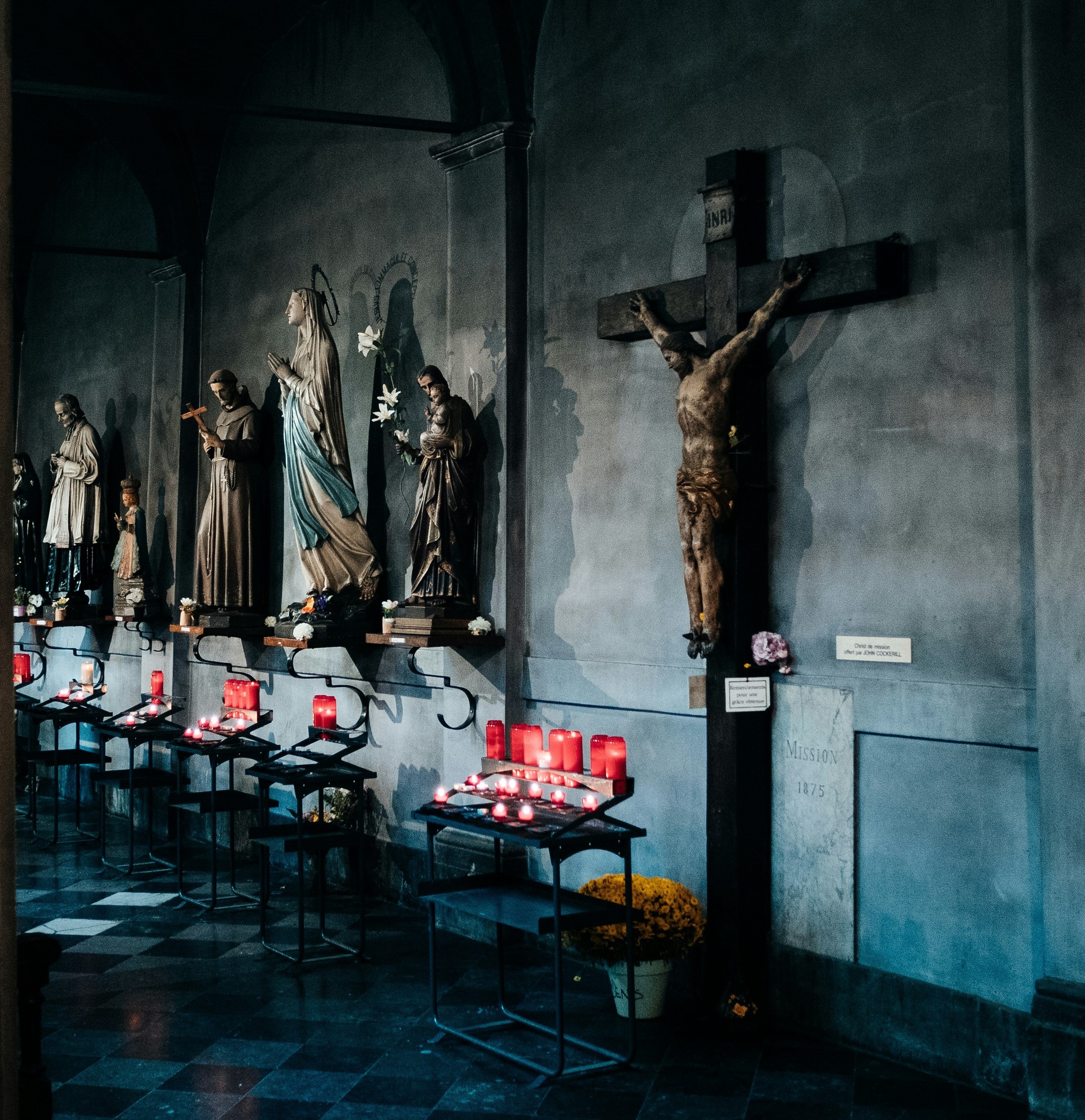If I were to sum up all the readings in a few words I would say, “Trust in the Lord.” What else needs to be said? If we fully trust in the Lord, our actions will reflect our beliefs, and our beliefs will help us to do what is morally correct. It is a circle. The more we trust, the more we behave as a believer, the greater our trust grows and the more we want to do what is right and good and holy.
It is not easy to trust and do what is right. We are often so overwhelmed and sure that we have the answers. We rely on our understanding rather than God’s and then situations go sideways.
In the Gospel we learn what happens when we wait and see instead of living as God calls us to live. It is a reminder to act promptly when we are asked to do something for God. The timing may be inconvenient, the effort difficult, or the return on the work not immediately recognizable. Do it anyway. I have learned over and over that when God says step up, it is best to do so. You will have peace. You may not fully understand, but that’s okay. As someone who is sometimes overly reliant on the plan, I have learned to shift my plan and focus on the best outcome. Surprise, I do not always know the best outcome. God does.
When you work with Him, pay attention to where He leads you and accept His offer of guidance, it will lead you to a better place. It can be a place you had never thought of, but God has it all ready for you. The first step is trust. When we trust, we grow. Begin in small ways to trust and watch what happens.
Give up 20 minutes of your day to prayer. You will have time to do what you need to do in a day. When faced with a decision, ask yourself what Jesus would do and then do it. When people are rude in a conversation, don’t react or reply, let it go. You will be blessed. As Jeremiah says, “Blessed is the man who trusts in the LORD, whose hope is the LORD. (17:7).
Si tuviera que resumir todas las lecturas en pocas palabras, diría: “Confiar en el Señor”. ¿Qué más hay que decir? Si confiamos plenamente en el Señor, nuestras acciones reflejarán nuestras creencias, y nuestras creencias nos ayudarán a hacer lo que es moralmente correcto. Es un círculo. Cuanto más confiamos, cuanto más nos comportamos como creyentes, más crece nuestra confianza y más queremos hacer lo que es correcto, bueno y santo.
No es fácil confiar y hacer lo que es correcto. A menudo estamos tan abrumados y seguros de que tenemos las respuestas. Confiamos en nuestro propio entendimiento en lugar del de Dios y es entonces cuando las situaciones empiezan a ir mal.
En el Evangelio aprendemos lo que sucede cuando esperamos a ver que pasa en lugar de vivir como Dios nos llama a vivir. Es un recordatorio para actuar con prontitud cuando Dios nos pide que hagamos algo. El momento puede ser inconveniente, el esfuerzo difícil o el retorno del trabajo no se reconoce de inmediato. Hazlo de todos modos. He aprendido una y otra vez que cuando Dios dice que hay que dar un paso adelante, es mejor hacerlo. Tendrás paz. Puede que no lo entiendas del todo, pero no hay problema. Como alguien que a veces depende demasiado del plan, he aprendido a cambiar mi plan y centrarme en el mejor resultado. Y no siempre sé cuál es el mejor resultado. Dios sí lo sabe.
Cuando trabajas con Él, presta atención a dónde te lleva y acepta su oferta de guiarte, te llevará a un lugar mejor. Puede ser un lugar en el que nunca habías pensado, pero Dios lo tiene todo listo para ti. El primer paso es confiar. Cuando confiamos, crecemos. Comienza a confiar poco a poco y observa lo que sucede.
Dedica 20 minutos de tu día a la oración. Tendrás tiempo para hacer lo que necesitas hacer durante el día. Cuando te enfrentes a una decisión, pregúntate qué haría Jesús y luego hazlo. Cuando las personas sean groseras en una conversación, no reacciones ni respondas, déjalo pasar. Serás bendecido. Como dice el profeta Jeremías: “Bendito el hombre que confía en el Señor y en él pone su esperanza.” (17,7).
 Deanna G. Bartalini, M.Ed.; M.P.A., is a certified spiritual director, writer, speaker and content creator. The LiveNotLukewarm.com online community is a place to inform, engage and inspire your Catholic faith. Her weekly Not Lukewarm Podcast gives you tips and tools to live out your faith in your daily life.
Deanna G. Bartalini, M.Ed.; M.P.A., is a certified spiritual director, writer, speaker and content creator. The LiveNotLukewarm.com online community is a place to inform, engage and inspire your Catholic faith. Her weekly Not Lukewarm Podcast gives you tips and tools to live out your faith in your daily life.
Feature Image Credit: Juan Goyache, unsplash.com/photos/person-in-blue-denim-jeans-and-black-shoes-standing-on-gray-rock-i5fm-qNXoys
The views and opinions expressed in the Inspiration Daily blog are solely those of the original authors and contributors. These views and opinions do not necessarily represent those of Diocesan, the Diocesan staff, or other contributors to this blog.

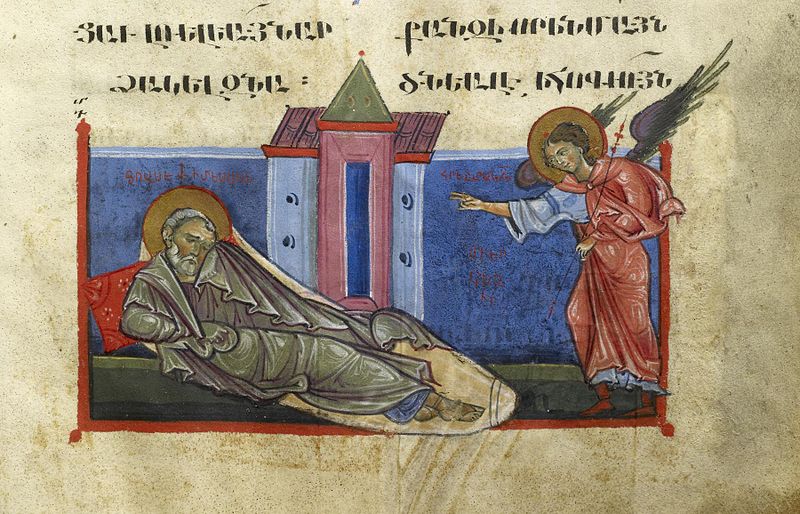

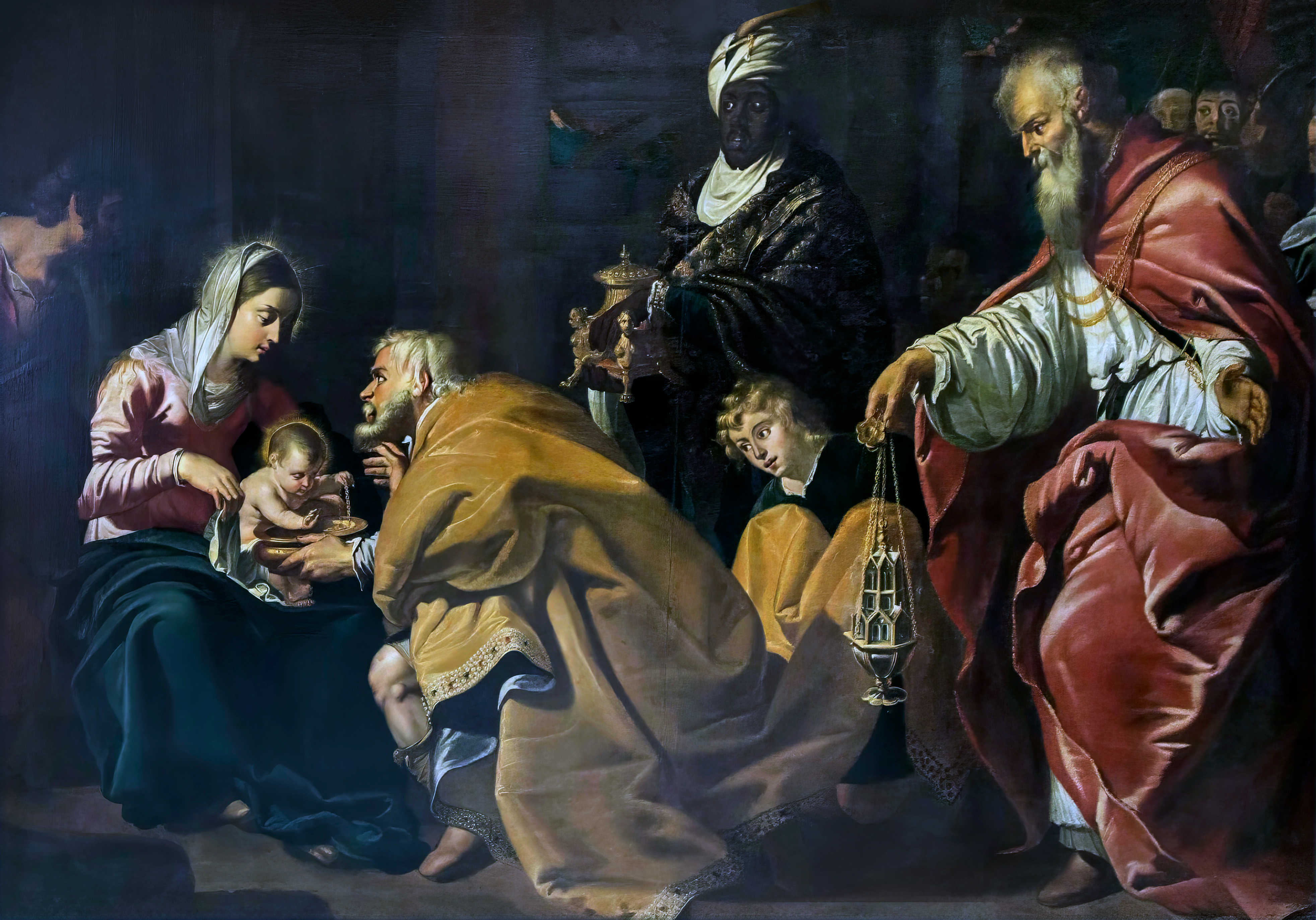
 Former NPS Park Ranger, Catholic educator, and Youth Minister, Melissa Lucca now spends her days evangelizing family and neighbors as a stay-at-home mom. She holds an MA in Theology from the Augustine Institute and pursues personal study in her spare time. Melissa loves Ignatian Spirituality, Mother Mary, and rock climbing. If you don’t hear her and her kiddo laughing at home, then they are probably out on an adventure!
Former NPS Park Ranger, Catholic educator, and Youth Minister, Melissa Lucca now spends her days evangelizing family and neighbors as a stay-at-home mom. She holds an MA in Theology from the Augustine Institute and pursues personal study in her spare time. Melissa loves Ignatian Spirituality, Mother Mary, and rock climbing. If you don’t hear her and her kiddo laughing at home, then they are probably out on an adventure!
 Mike Karpus is a regular guy. He grew up in Michigan’s Upper Peninsula, graduated from Michigan State University and works as an editor. He is married to a Catholic school principal, raised two daughters who became Catholic school teachers at points in their careers, and now relishes his two grandchildren, including the older one who is fascinated with learning about his faith. He also has served on a Catholic school board, a pastoral council and a parish stewardship committee. He currently is a lector at Mass, a Knight of Columbus, Adult Faith Formation Committee member and a board member of the local Habitat for Humanity organization. But mostly he’s a regular guy.
Mike Karpus is a regular guy. He grew up in Michigan’s Upper Peninsula, graduated from Michigan State University and works as an editor. He is married to a Catholic school principal, raised two daughters who became Catholic school teachers at points in their careers, and now relishes his two grandchildren, including the older one who is fascinated with learning about his faith. He also has served on a Catholic school board, a pastoral council and a parish stewardship committee. He currently is a lector at Mass, a Knight of Columbus, Adult Faith Formation Committee member and a board member of the local Habitat for Humanity organization. But mostly he’s a regular guy.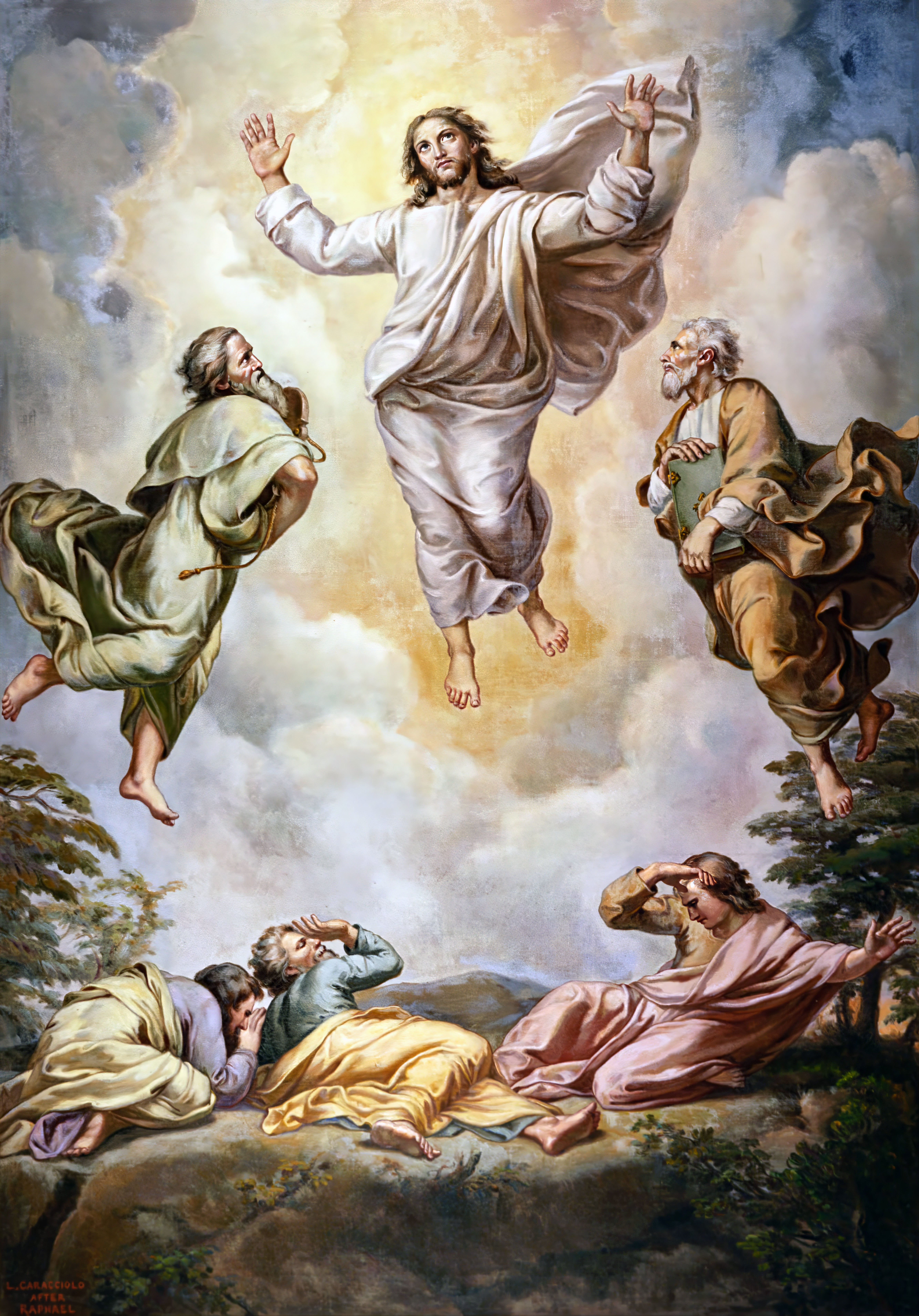
 Heather Orlowski and her husband are busy parents of three little girls. The Catholic Church holds a special place in her heart and in her entire life. She attended Catholic schools from Kindergarten through college. She graduated from Aquinas College with a degree in Elementary/Special Education. Catholic Education is very important to her and she now teaches 1st and 2nd grades at St. Therese Catholic School. In her free time, she loves creating memories with her family and watching her little girls play soccer.
Heather Orlowski and her husband are busy parents of three little girls. The Catholic Church holds a special place in her heart and in her entire life. She attended Catholic schools from Kindergarten through college. She graduated from Aquinas College with a degree in Elementary/Special Education. Catholic Education is very important to her and she now teaches 1st and 2nd grades at St. Therese Catholic School. In her free time, she loves creating memories with her family and watching her little girls play soccer. 
 Hailing from Nashville, Catherine is a graduate of Christendom College with a lifelong passion for words. Her love of writing and her Catholic Faith continue to shape her as a freelance editor, copywriter, and (aspiring) novelist, where she pursues her passions for the love and greater glory of God.
Hailing from Nashville, Catherine is a graduate of Christendom College with a lifelong passion for words. Her love of writing and her Catholic Faith continue to shape her as a freelance editor, copywriter, and (aspiring) novelist, where she pursues her passions for the love and greater glory of God.


 Christine Arata is a San Francisco, California native. She lives a few blocks away from the ocean and a park. She finds nature inspiring. Her cat brings her comfort. She loves being creative not only with her writing but with almost everything, including her home cooking. Her studies in the Catholic faith are ongoing. In 2019, when she discovered St. Hildegard of Bingen was underrepresented by Catholics, she found a purpose. Her latest website, St. Hildegard’s Wisdom features blog posts about all of that:
Christine Arata is a San Francisco, California native. She lives a few blocks away from the ocean and a park. She finds nature inspiring. Her cat brings her comfort. She loves being creative not only with her writing but with almost everything, including her home cooking. Her studies in the Catholic faith are ongoing. In 2019, when she discovered St. Hildegard of Bingen was underrepresented by Catholics, she found a purpose. Her latest website, St. Hildegard’s Wisdom features blog posts about all of that: 

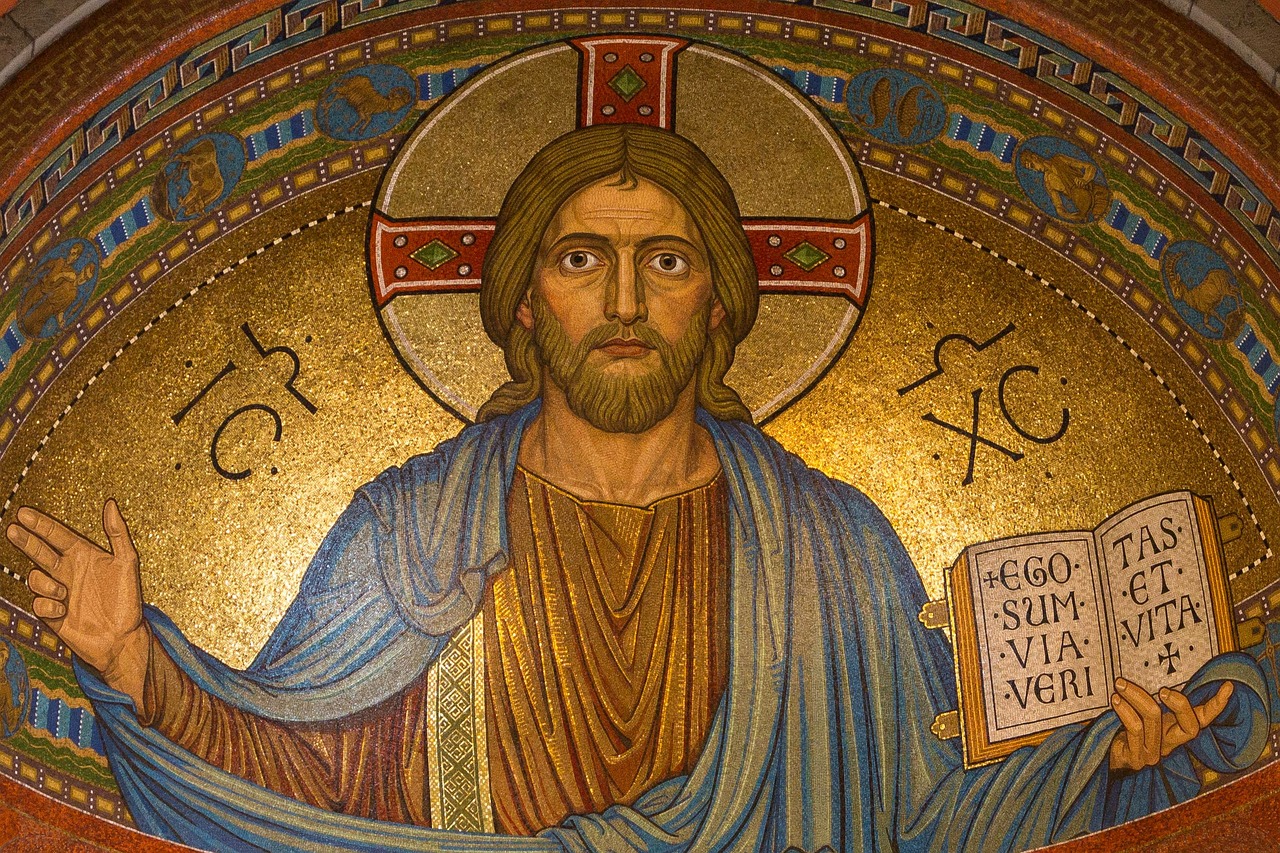
 Kathryn Mulderink, MA, is married to Robert, Station Manager for Holy Family Radio. Together they have seven children (including Father Rob), and eleven grandchildren. She is President of the local community of Secular Discalced Carmelites and has published five books and many articles. Over the last 30 years, she has worked as a teacher, headmistress, catechist, Pastoral Associate, and DRE, and as a writer and voice talent for Catholic Radio. Currently, she serves the Church by writing and speaking, and by collaborating with various parishes and to lead others to encounter Christ and engage their faith. Her website is
Kathryn Mulderink, MA, is married to Robert, Station Manager for Holy Family Radio. Together they have seven children (including Father Rob), and eleven grandchildren. She is President of the local community of Secular Discalced Carmelites and has published five books and many articles. Over the last 30 years, she has worked as a teacher, headmistress, catechist, Pastoral Associate, and DRE, and as a writer and voice talent for Catholic Radio. Currently, she serves the Church by writing and speaking, and by collaborating with various parishes and to lead others to encounter Christ and engage their faith. Her website is 
 Tami Urcia is a midwestern gal from a large Catholic family. As a young adulthood she was a missionary in Mexico, where she studied theology and philosophy. After returning stateside bilingual, she gained a variety of work experience, traveled extensively and finished her Bachelor’s Degree at Brescia University. She loves organizing and simplifying things, watching her children play sports, deep conversations with close family and friends and finding unique ways to brighten others’ day with Christ’s love. She works full time at Diocesan in the Software Department and manages the Inspiration Daily reflections. She is also a guest blogger on
Tami Urcia is a midwestern gal from a large Catholic family. As a young adulthood she was a missionary in Mexico, where she studied theology and philosophy. After returning stateside bilingual, she gained a variety of work experience, traveled extensively and finished her Bachelor’s Degree at Brescia University. She loves organizing and simplifying things, watching her children play sports, deep conversations with close family and friends and finding unique ways to brighten others’ day with Christ’s love. She works full time at Diocesan in the Software Department and manages the Inspiration Daily reflections. She is also a guest blogger on 